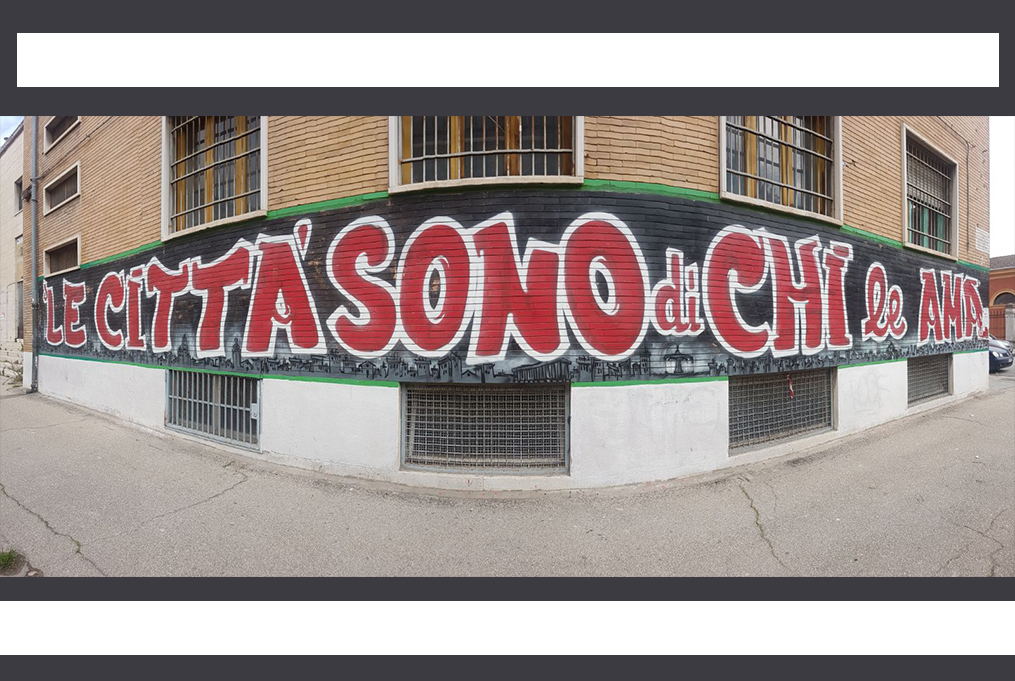
“Cities are of who loves them”
“Someone asks what self-managing is precisely. I say: go to Foggia, and go visit the Scurìa, and
you will see with your own eyes.”
These are the words of just one of the many guests of the self-managed social center that was in
Foggia a few years ago.
The Scurìa was occupied in 2014 and lasted until 2016. Its building, until 2014, was the seat of the
UMA offices which were then transferred. That structure remained unused and abandoned by the
institutions and that made it become a dangerous and creepy place. Since the occupation, it has
become instead a center of culture and collection for people of all ages, where they could socialize,
have fun, take part in cultural events and, why not... even discover some hidden talents!
When the Scurìa was created, it was great news for our city! People didn’t know what to think or
what to expect. that’s also because usually, social centers don’t have a good reputation among
people. Often, they are said to be places where toxic people live, where there are no rules and where
you can get in trouble. But, needless to say, that’s often not true.
With one concert hall, a theatre hall, a library, a rehearsal room, a joinery, a radio, a hip-hop
laboratory, a free fitness room, a social garden, a craft brewery and many other services, the Scurìa
has always hosted book presentations, theatrical performances, agri-food fairs, concerts, little
garage sales and many other cultural events.
The people inside also created political groups, such as the student collective “Malombra” made up
of young students from every school of the city that met in order to face and try to solve the social
and administrative problems in the schools. They undertook some social causes and helped students
with manifestations. It was a reference point for everybody and a place where you could find
inspiration and the will to do something to improve the city’s situation.
Someone says that the Scurìa was the heritage not only of the city of Foggia, but of its people’s
ideas too. Of course it was. It was a place where the differences between social classes were no
longer perceptible. It was like a big family, but most importantly, it was a support for people who
needed it: people with familiar or economic problems, bullied teenagers, old, lonely people, women
in danger. It was, in fact, such a good place to have in a city.
This story proved that in our city there is a big part of the population that doesn’t just await change,
but achieves it by its own ambitions and ideas. In Foggia there were already some political
workshops where groups of people with common political ideologies met, but the social center was
also a meeting point that permitted people to compare ideas and interests with each other.
Everything came to an end in 2016 when the regional institutions decided to take back the building
getting started with a tendering procedure to release the place to the University of Foggia. Of course
that’s a good use for the building, but why did this decision come so late? Why did they decide to
use that very building among the many that are still derelict? Maybe for political reasons, maybe for
economic ones.
What we know is that our city and citizens were deprived of a valuable asset that we hope, one day,
to build together again.
